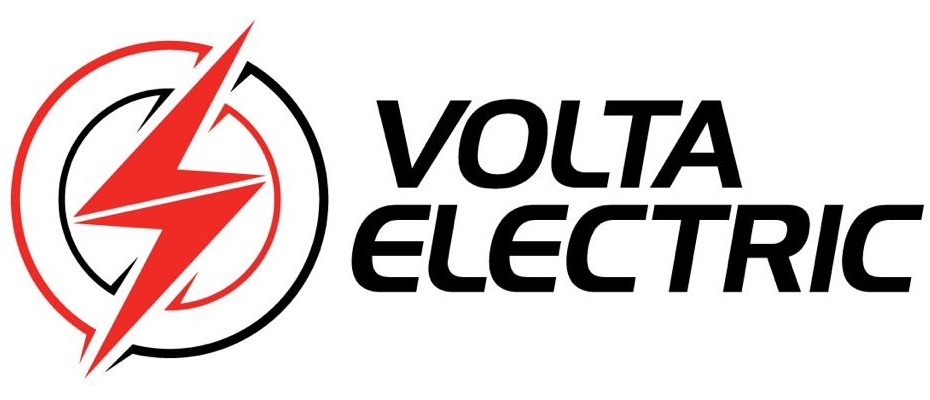Electrical contractors are the unsung heroes of modern society. They provide essential services that keep our homes, buildings, and infrastructure running smoothly. From the installation of electrical systems to their maintenance and repair, these professionals ensure that everything is in working order and up to code. The work they do is crucial for maintaining safety and preventing accidents, making them an invaluable asset to any community.
One cannot overstate the importance of electrical contractors in today’s world. They are responsible for ensuring that we have access to power at all times while keeping us safe from electrical hazards. Their expertise extends far beyond simply wiring buildings; they also assist with energy-efficient upgrades and automation systems.
In this article, we will explore the various services that electrical contractors provide and how they contribute to modern society’s functioning. Whether you’re a homeowner or a business owner, understanding what these professionals can offer is crucial for ensuring your property remains safe and efficient.
Installation, Repair, and Maintenance of Electrical Systems
The primary responsibility of electrical contractors is to ensure the proper installation, repair, and maintenance of electrical systems in compliance with industry standards and regulations.
This involves a wide range of tasks such as installing new wiring systems for commercial or residential buildings, replacing faulty components in existing electrical systems, repairing damaged circuits or outlets, upgrading outdated systems to meet current electrical codes and standards, and performing routine maintenance checks on electrical equipment.
Electrical contractors are also required to stay up-to-date with the latest technological advancements in their field to provide efficient and effective services.
They must possess knowledge of various types of wiring systems, circuitry designs, voltage requirements, grounding techniques, safety protocols, and energy-saving practices.
By ensuring that all electrical systems are properly installed and maintained according to established standards and regulations, electrical contractors play a crucial role in promoting safety and preventing accidents caused by faulty wiring or malfunctioning equipment.
Compliance with Building Codes and Safety Regulations
Compliance with building codes and safety regulations is ensured by adhering to the guidelines set forth by national and local authorities. This includes regular inspections, testing of equipment, and proper installation of electrical systems.
Electrical contractors are responsible for ensuring that the systems they install meet all necessary requirements to keep people safe from electrical hazards. They must be knowledgeable about the latest building codes and safety regulations in their area to ensure that installations comply with them.
To stay up-to-date with changes in regulations, electrical contractors have to keep themselves informed through continuous education programs. They must also be able to communicate effectively with local authorities and inspectors when necessary to ensure their work meets compliance standards.
Additionally, electrical contractors may conduct risk assessments to identify potential hazards before they become a problem. Through these measures, they can help businesses and homeowners avoid costly fines or legal action while protecting the safety of those who use their facilities or properties.
Energy-Efficient Upgrades and Automation Systems
One area of focus for building safety and efficiency is the implementation of energy-efficient upgrades and automation systems. Electrical contractors are often called upon to help achieve these goals.
They can install energy-efficient lighting, heating, ventilation, and air conditioning (HVAC) systems that reduce energy consumption while maintaining a comfortable environment for occupants.
In addition to providing more efficient lighting and HVAC systems, electrical contractors can also install automation systems that allow building owners to remotely control their facilities’ lighting, temperature settings, security features, and other components from a central location.
This level of control not only makes it easier to manage a building’s operations but also helps conserve energy by allowing resources to be used only when they are needed. By working with electrical contractors who specialize in these types of projects, building owners can save money on their utility bills while reducing their carbon footprint.

